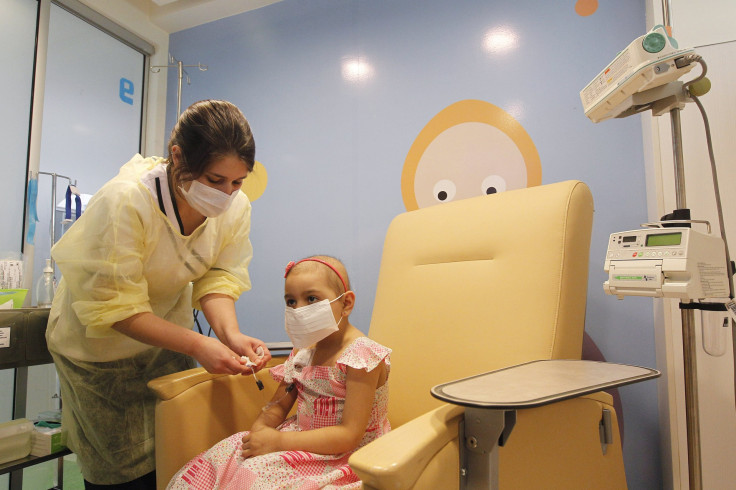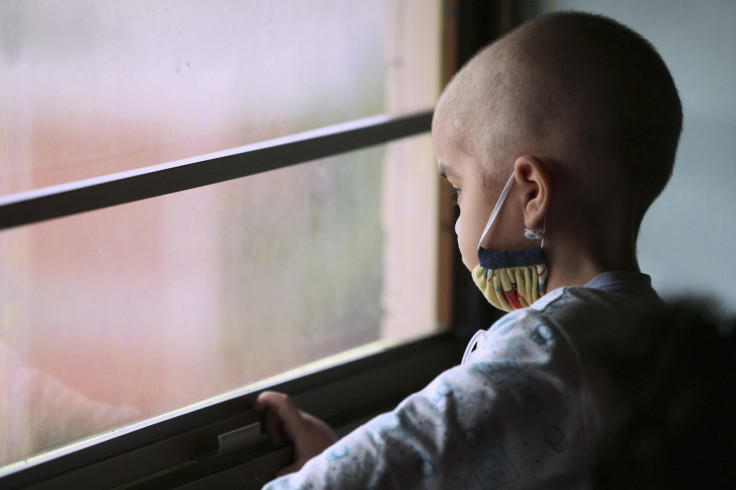Are Childhood Cancer Survivors At An Increased Risk Of Heart Disease?

Survivors of childhood cancer could be at a greater risk of heart damage due to exposure from some chemotherapy and radiation treatments, according to a new study, Reuters reported Tuesday. The U.S. analysis suggested that childhood cancer survivors might experience serious cardiac issues at a fairly young age when doctors aren’t routinely screening for heart disease.
The study’s lead author, Dr. Daniel Mulrooney of St. Jude Children’s Research Hospital, and his colleagues examined data on 1,853 adult survivors of childhood tumors, half of whom were men and half of whom had been younger than 8 years old when they were diagnosed. Participants in the study ranged from 18 to 60 years old and all the survivors had been exposed to cardio-toxic cancer treatments such as anthracyclines and/or cardiac radiation, according to Mulrooney, HealthDay reported.
The study revealed 7.4 percent of survivors had a chronic disease of the heart muscle called cardiomyopathy, 3.8 percent had coronary artery disease, 28 percent had leaking or narrowing of heart valves and 4.4 percent had heart rhythm abnormalities. Heart disease appeared to affect between 3 and 24 percent of child cancer survivors by time they were in their 30s, and increased to between 10 and 37 percent for survivors 40 years and older, according to the study, which was published earlier this week in the Annals of Internal Medicine.

"The prevalence of these cardiac findings might be expected in an older adult population, but not necessarily in this young a population," said Mulrooney, HealthDay reported.
Many of the patients were younger and asymptomatic, suggesting that future studies assessing the possible value of screening for cardiac abnormalities in adult survivors of childhood cancer are needed, according to the American College of Physicians, Science Daily reported.
"This is basically a modern phenomenon. Because 20 to 40 years ago there were no survivors of childhood cancer. So we threw anything we had in the arsenal at it. And some of it worked," said Stephen Freedland, a professor of surgery, chair of the department of prostate cancer, and director of the Center for Integrated Research on Cancer and Lifestyle at Cedars-Sinai Medical Center in Los Angeles, HealthDay reported. "But now we realize that those drugs can cause harm. So the question now is can we make cancer treatment kinder and gentler for the heart, without reducing its efficacy? That's where a lot of pediatric cancer research is now focused."
However, the study covered only cancer survivors, making it impossible to compare the risk of heart damage to people who didn’t have cancer, the authors noted, Reuters reported. Because the survivors studied had received treatment more than a decade ago, new treatment protocols have been established that reduce exposure to chemotherapy and radiation that can be damaging to the heart.
© Copyright IBTimes 2025. All rights reserved.






















